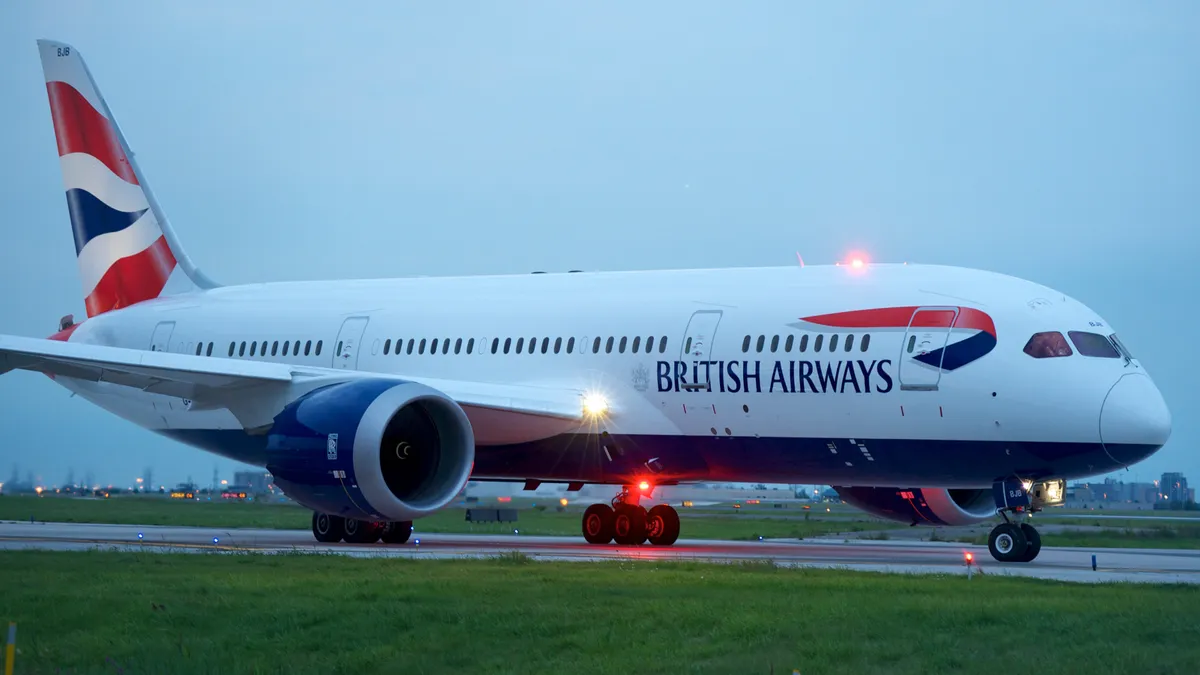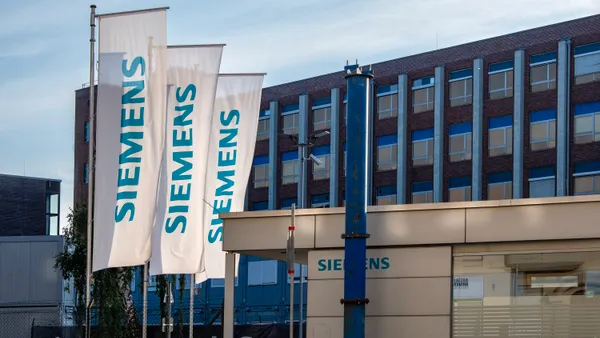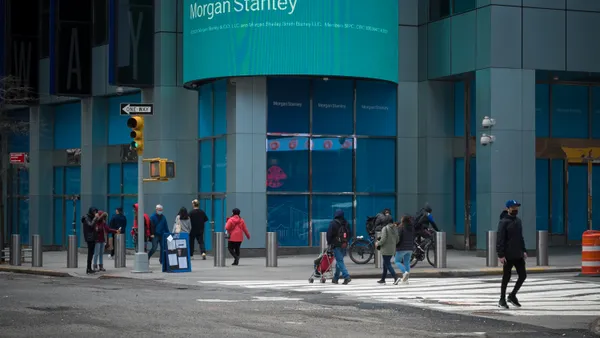Dive Brief:
-
British Airways (BA) suffered an extensive computer system failure that affected its flight, baggage and communication systems over the holiday weekend. The airline was forced to cancel all its flights from Heathrow and Gatwick airports on Saturday, ultimately stranding 75,000 passengers in 170 airports across 70 countries, the BBC reports.
-
BA Chief Executive Alex Cruz said the problem was caused by a power surge that also rendered the back-up systems ineffective. There was no evidence of a cyberattack, according to the airline, The Guardian reports.
-
Under EU rules, BA may have to pay more than £100 million (about $128 million U.S.) in passenger compensation, The Guardian reports. By Monday, the airline planned to run more than 95% of flights from London Heathrow and Gatwick. Heathrow is Europe's busiest airport.
Dive Insight:
Some experts questioned whether a simple power outage could inflict so much damage on BA’s systems, and why the airline took so long to recover. Others pointed to the fact that BA has been cutting costs to compete more effectively, and suggested that an unstable IT system and/or disaster recovery plan could perhaps be the result, causing a much bigger problem for the airline than such an issue normally would.
BA had reportedly outsourced much of its IT system to India in recent years, though the Cruz maintains this is not the cause of the disruption. Cruz said he would not resign over the IT failures, according to the BBC.
Our Chairman and CEO, Alex Cruz, apologises for the disruption caused by the recent IT system issues and... https://t.co/DRqwuM3SvF
— British Airways (@British_Airways) May 29, 2017
BA is certainly not alone. Airlines have been slow to modernize their systems and as a result, airline disruptions caused by computer failures have become more common in recent years. In April, Delta Airlines’ crew-tracking system fell apart when a series of thunderstorms hit the Atlanta area, resulting in 4,000 cancellations.
In cases of widespread IT failures that impact customers, transparency is the best policy. But the BA incident illustrates how technology is becoming a board-level decision. Cost-cutting measure related to technology could have adverse affects on stakeholders, leading to public demands for company leadership to be held accountable.












